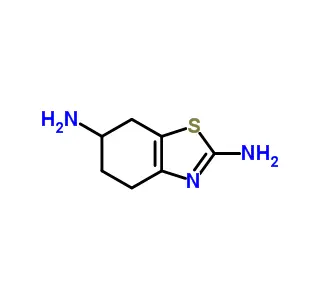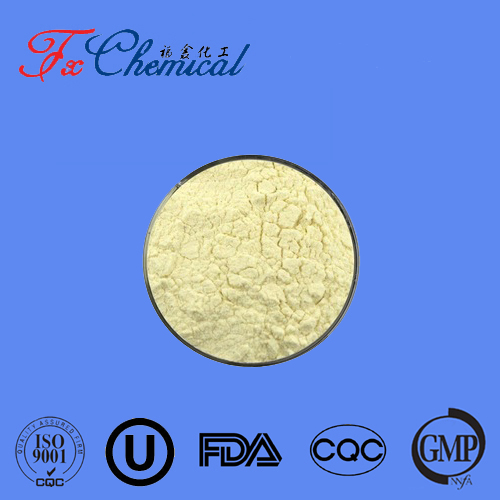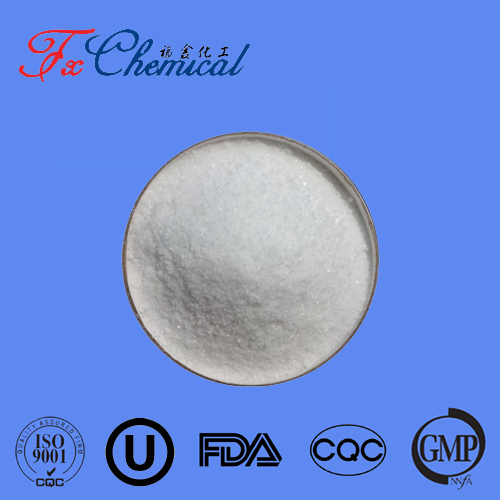
Search

Search

In a world dominated by processed foods and synthetic supplements, there is a growing desire among health-conscious individuals to explore the benefits of natural, raw materials. One area where this quest for natural goodness is gaining momentum is in the realm of vitamins. Many people are now turning to raw sources to obtain essential vitamins and unlock their full potential. In this blog post, we will delve into the secrets of natural raw materials and how they can provide a superior alternative to traditional vitamin supplements.
Natural raw materials, such as fruits, vegetables, herbs, and even certain animal products, are packed with an array of essential vitamins. Unlike their processed counterparts, these raw sources provide nutrients in their most natural and bioavailable form, allowing our bodies to absorb them more effectively. Raw materials offer a unique combination of vitamins, minerals, enzymes, and phytonutrients that work synergistically to promote optimal health.
Enhanced Nutrient Profile
Raw materials are teeming with a wide range of vitamins, each offering its unique benefits. Fruits like oranges and strawberries are rich in vitamin C, which boosts the immune system and supports collagen production. Leafy greens like spinach and kale provide a generous dose of vitamin K, essential for bone health and blood clotting. By incorporating these raw sources into our diet, we can enjoy a diverse nutrient profile and reap the rewards of multiple vitamins simultaneously.
Increased Bioavailability
The bioavailability of vitamins refers to the body's ability to absorb and utilize them efficiently. Natural raw materials often have a higher bioavailability compared to their synthetic counterparts. For instance, vitamin E in its raw form, derived from sources like almonds and sunflower seeds, is more readily absorbed by the body than the synthetic version found in supplements. This increased bioavailability ensures that we obtain the maximum benefit from the vitamins we consume.
Now that we understand the benefits of raw materials as a source of vitamins, let's explore some practical ways to incorporate them into our daily lives:
Fresh and Seasonal Produce
Opt for fresh, locally sourced fruits and vegetables that are in season. By choosing seasonal produce, you ensure that you're getting the most nutrient-dense options available. Incorporate a variety of colorful fruits and vegetables into your meals to maximize your intake of vitamins.
Juicing and Smoothies
Invest in a high-quality juicer or blender to make nutrient-packed juices and smoothies. These beverages allow you to combine different raw materials, creating delicious and convenient options to boost your vitamin intake. Experiment with combinations that suit your taste preferences and explore the vast array of flavors and nutrients available.
In a world where synthetic supplements dominate the market, it's essential to recognize the value of natural raw materials as a superior source of vitamins. By embracing raw sources, we tap into the inherent power of nutrients found in fruits, vegetables, herbs, and more. The enhanced nutrient profile, increased bioavailability, and synergistic interactions of raw materials offer a holistic approach to obtaining vital vitamins. So, embark on a journey to discover the secrets of natural raw materials and unlock the full potential of your health and well-being.

Quick Links
Add:
E-mail:
 English
English  Español
Español  français
français  العربية
العربية 


